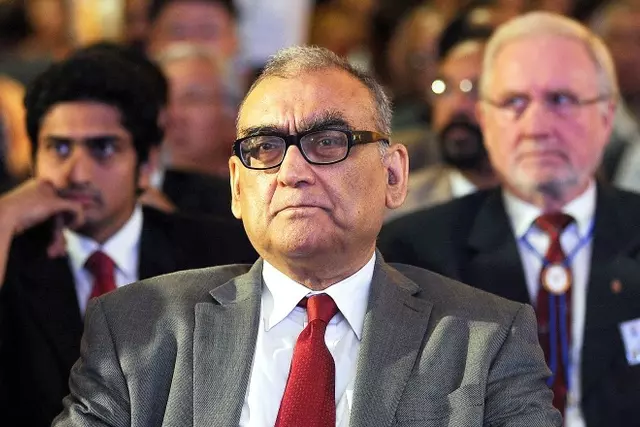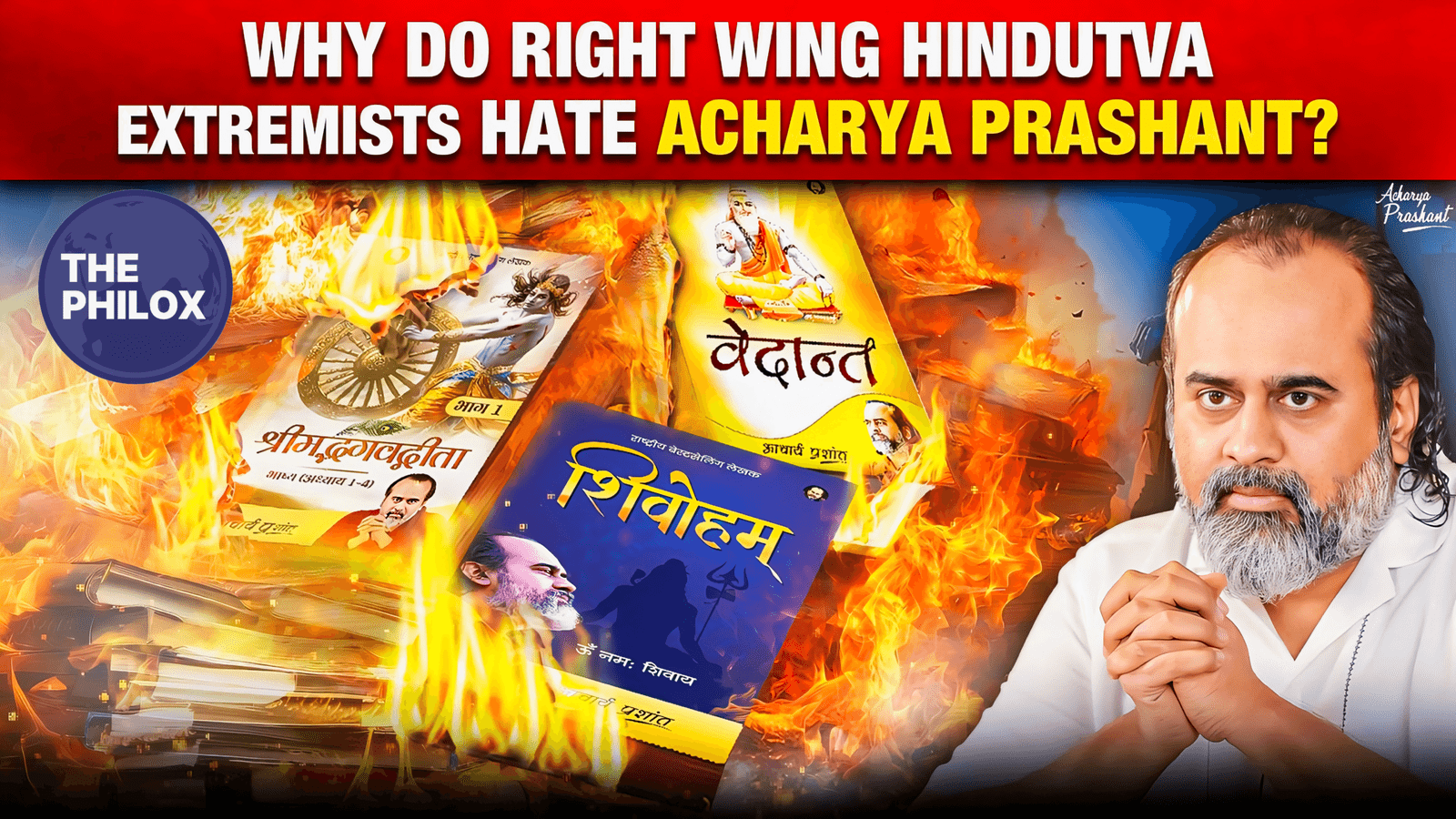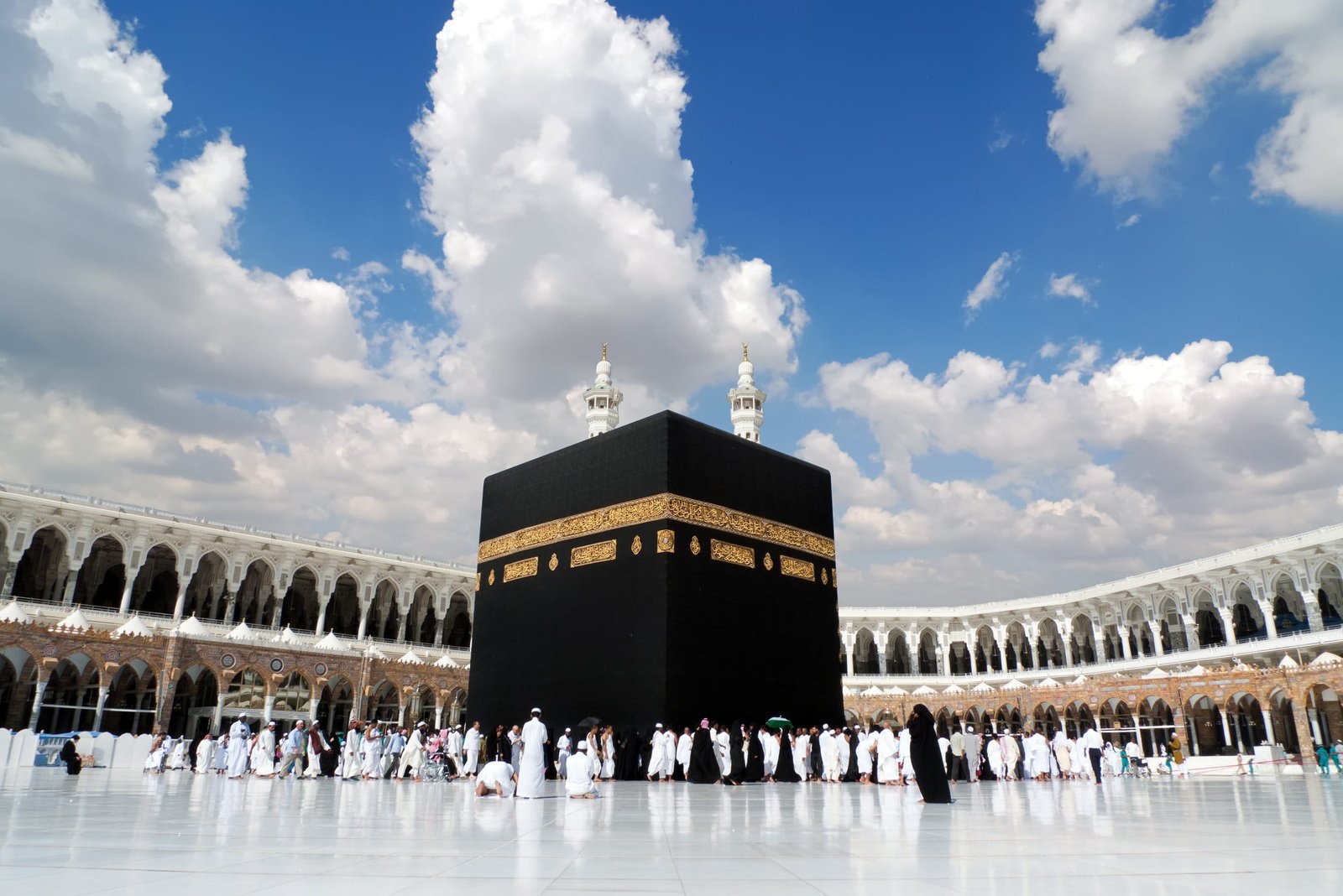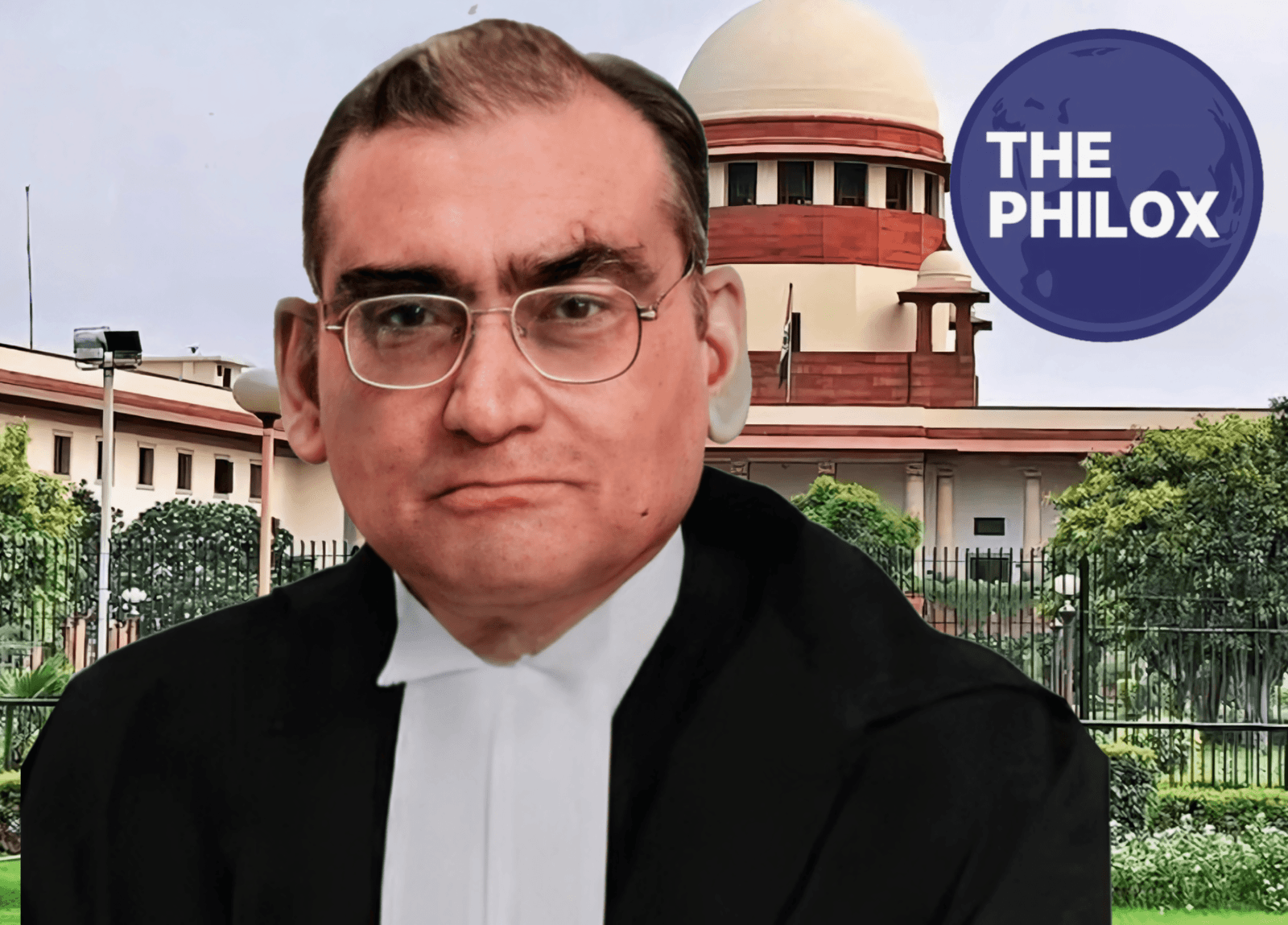Our ancient thinkers believed that the worst state of affairs possible in society is a state of lawlessness. When the rule of law collapses, it is replaced by matsyanyaya, which means the law of the jungle. In Sanskrit, the word ‘matsya’ means fish, and matsyanyaya means a state of affairs where the big fish devours the smaller ones. All our ancient thinkers have condemned matsyanyaya (see ‘History of the Dharmashastras’ by P.V. Kane, Volume 3, page 21).
https://en.wikipedia.org/wiki/Matsya_Nyaya
This concept of matsyanyaya (the maxim of the larger fish devouring the smaller ones, or the strong despoiling the weak) was frequently discussed by Kautilya, the Mahabharata, and other works. It can be traced back to the Shatapath Brahmana (Chapter 11, 1.6.24), where it is said: “Whenever there is drought, then the stronger seizes upon the weaker, for the waters are the law,” which seems to imply that when there is no rain, the reign of law comes to an end, and matsyanyaya begins to operate.
Kautilya says, “If danda (punishment) is not employed, it gives rise to the condition of matsyanyaya, for in the absence of a chastiser, the strong devour the weak.”
In his book Arthashastra, Kautilya says ”
| apraṇītaḥ tu mātsyanyāyaṃ udbhāvayati. balīyān abalaṃ hi grasate daṇḍadharābhāve. i.e. |
| When the law of punishment is kept in abeyance, it gives rise to such disorder as is implied in the proverb of law and order of fishes (matsyanyaya udbhavayati); for in the absence of a chastiser (dandadharabhave), the strong will swallow the weak; but under his protection, the weak resist the strong. Arthashastra 1.4.13-14 |
The idea that in the absence of a king (arajaka) or when there is no fear of punishment, the condition of matsyanyaya follows has been declared in several works, such as the Ramayana (Chapter 67), Shantiparva of Mahabharata (15.30 and 67.16), Kamandaka (2.40), Matsyapurana (225.9), and Manasollasa (2.20.1295).
For instance, in the Shantiparva of Mahabharata, it is stated:
“Raja chenna bhavelloke prithivyaam dandadharaka
Shoole matsyanivapakshyan durbalaat balvattarah”
Which means :
“When the king carrying the rod of punishment does not protect the earth, then the strong destroy the weaker ones, just as in water, the big fish eat the smaller ones.”
In the Shantiparva of Mahabharata, Bheeshma Pitamah tells Yudhishthir that there is nothing worse in the world than lawlessness, for in a state of matsyanyaya, nobody, not even the evil-doers, are safe, for even the evil-doers will sooner or later be swallowed up by other evil-doers.
It seems that Matsyanyaya has set in, both in India and Pakistan, in the latter overtly, and in the former covertly.
In Pakistan, there is no rule of law. The Pakistan army, which is the real ruler of the country, is behaving like goons, similar to thugs and pindaris during the reign of the later Mughals when law and order had collapsed, getting anyone they regard hostile killed, tortured and/or jailed for an indefinite period in horrible conditions
https://indicanews.com/the-true-face-of-the-pakistan-army-exposed
The Pakistan judiciary, whose solemn duty is to protect the rights of the citizens, turns a Nelson’s eye to such unlawful, outrageous acts, and has shamelessly prostrated itself before the army
In India, too, matsyanyaya has set in, though not in such a blatant, undisguised and direct manner as in Pakistan. But the drift towards it in recent years is apparent. Atrocities on minorities, collapse of the independence of institutions ( which now look like scarecrows ) and their ‘saffronization’, framing of false and frivolous charges by the police ( who shamelessly act like loyal servants of their political masters ), and arrest and incarceration in jail for long periods on false charges ( e.g. of Umar Khalid ), with judges often denying bail ( when bail, not jail, is the well established principle ), has become the order of the day in India too, as in Pakistan, though in a more covert manner, retaining the figleaf of democracy and the Constitution.
https://justicekatju.com/the-bhagavad-purana-accurately-describes-india-of-today-42c241f4db9c
Sonam Wangchuk’s arrest and detention, though he was only peacefully leading an agitation demanding certain rights for the people of Ladakh, which was his Constitutional right under Article 19(1)(b) of the Indian Constitution ( the right to assemble peacefully ) and Article 19(1)(d) ( the right to move freely throughout the territory of India ), is a very recent example showing that matsyanyaya has set in in India
https://en.wikipedia.org/wiki/Sonam_Wangchuk
I am afraid that if this trend in India continues, it will inevitably lead to the end of civilized society in the country.
It is time for the authorities to heed Bheeshma Pitamah’s advice to Yudhishthir in the Shantiparva of the Mahabharat, before it is too late. The country is standing on a precipice









